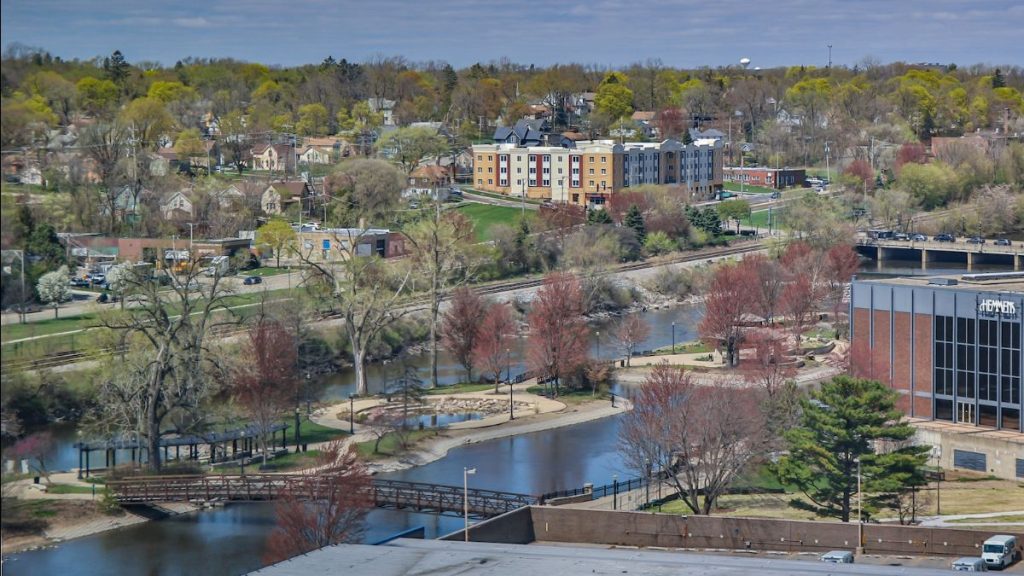A coalition of eight communities, including Elgin, filed its Opening Comments and Request for Conditions to the Federal Surface Transportation Board (STB) in a continued quest to block, as proposed, a merger between the Canadian Pacific and Kansas City Southern, (CPKC) freight railroads today.
Back in October of 2021, CPKC filed a merger application with the STB to create the only single-line rail network linking the U.S.—from Canada to Mexico. The $31B merger would go through the heart of the eight communities (in alphabetical order) of Bartlett, Bensenville, Elgin, Itasca, Hanover Park, Roselle, Wood Dale, and Schaumburg that make up the “Coalition to Stop CPKC.”
Today’s filing with the STB argues that the Board cannot approve the subject transaction as proposed because the proposed merger would nearly triple the level of freight rail trains while also increasing the length of those trains on the already congested Milwaukee District West line running from Elgin to Chicago. The proposed merger would cause immeasurable collective harm to all coalition member communities.
Each community conducted evaluations and determined mitigations that are needed to protect children, families, property owners, and businesses from the massive increase in freight traffic.
The filing states the total potential price tag for mitigation dwarfs any benefit to the railroad, the Coalition communities, and the entire nation. As each community evaluates further, the cost of up to $9.5 billion is likely to increase.
According to the filing, the proposed increase in freight would require just some of the following in some communities:
- New construction and upgrades to more than 50 at-grade crossings.
- Construction of a major interchange in Bensenville at IL-83 and IL-19.
- Dozens of mitigations due to vibrations, noise, and damages to underground utilities and water pipes and risk of accidents and delays caused by operational movements and stoppages due to operational failures and other factors.
This list does not include environmental and extensive safety concerns for first responders, which is detailed in the filing. The 68-page filing includes maps and diagrams of the needed projects for each community.
Click here to read the filing.








